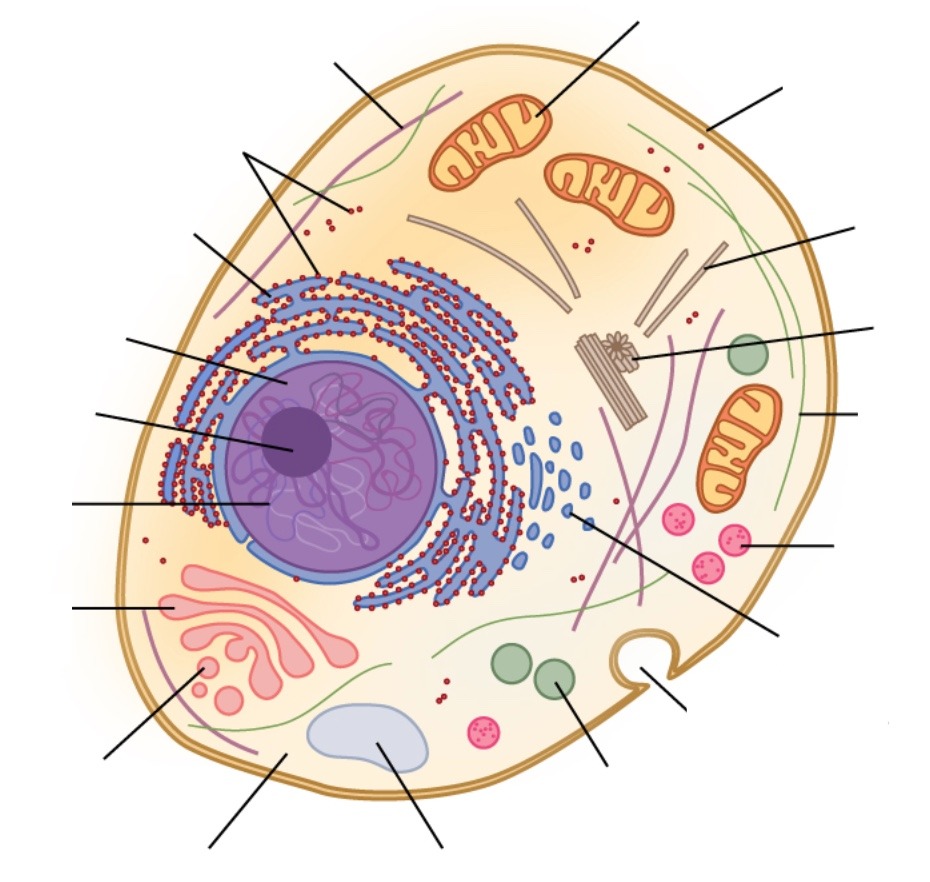A food-based nutrient, plays several important roles in the body, particularly in insulin regulation and cell structure. Here are key points about inositol and its benefits:
- Insulin Regulation: Inositol helps with insulin sensitivity, which is beneficial for people with conditions like type 2 diabetes and metabolic syndrome. It can improve fasting blood sugar levels and A1c over time.
- Mental Health: Inositol has shown promise in managing conditions such as bipolar disorder and anxiety. It helps by balancing neurotransmitter activity in the brain, which can alleviate symptoms of depression, anxiety, and OCD (Obsessive-Compulsive Disorder).
- Fertility Support: Inositol, specifically myo-inositol, is known to support female fertility by promoting ovulation and improving egg quality. It may also benefit men by increasing sperm count and motility.
- Metabolic Syndrome and PCOS: Inositol supplementation has been linked to improvements in conditions associated with metabolic syndrome and PCOS (Polycystic Ovary Syndrome). It can help regulate insulin levels and improve symptoms such as irregular menstrual cycles, weight gain, and infertility.
- Safety and Dosage: Inositol is generally considered safe, though higher doses (up to around 10 grams per day) may cause mild side effects like diarrhea or stomach upset in some individuals. It’s available in different forms such as D-chiro-inositol (DCI) and myo-inositol (MYO).
- Food Sources: Natural sources of inositol include beans, nuts (such as walnuts and almonds), citrus fruits (excluding lemons), oats, and brown rice.
Inositol’s role in cellular function and its impact on various health conditions make it a versatile nutrient, particularly beneficial for those managing metabolic health, mental well-being, and fertility issues. As with any supplement, it’s important to consult with a healthcare provider to determine the appropriate dosage and suitability based on individual health needs.
